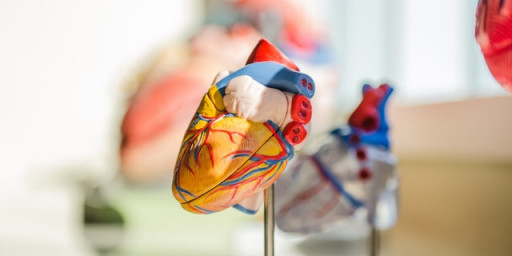Giving clan praises dates back to the origin of culture. Back then these praises were recited daily, it was a part of people’s every day life and there were different praises for different situations.
There are mainly three kinds of Shona praise poetry namely, clan praises (madetembedzo edzinza/rudzi ), personal praises (madetembedzo okurumbidza munhu) and boasts (madetembedzo kuzvirumbidza). However, there are more sub-genres which include madetembedzo evasikana verudzi (praises of unmarried girls of the clan), madanha nemarevereve (praises for love-making), madetembedzo okutenda vana (praises for thanking children for rendering good service), madetembedzo emamiriro erudzi (boasts uttered in the name of the clan to warn its detractors or enemies of the consequences they may if provoked), nhetembo dzehondo (war-song of the clan), nhetembo dzemhuka yemutupo (praises of the totemic animal), nhetembo dzokunyaradza mwana (lulluby praises for calming a crying child) and nhetembo dzevari pasi (praises in honour of the clan’s spirits) read more from this website
For those who might not know a totem is a spirit animal that serves as an identity for a clan. Well at least most of them are animals except for mine. My totem is probably the only one that is not an animal and that is why we are a unique people, it’s Moyo. My totem is Moyo which is heart. We are heart people, loving people, we pump goodness and love, we are special.
Ndebele clan praises are called izibongo and the person who sings the praises is known as imbongi. You need to see an imbongi in action to truly appreciate the depth of the praises. It is dramatically beautiful, the best way I can describe it is that they act out what they are praising. It’s a one man act that is very entertaining.
So below is the shona praise for my totem, I will try to translate it to english the best of my ability.
Mazviita Moyo, (Thank you Moyo (Heart)
Maita Chirandu, (thank you Chirandu)
Gonoren’ombe, (the male bull)
Mushayachirashwa, (the one who doesn’t waste anything)
Mukaka tinomwa, (the milk we drink)
Mafuta tichizora, (the oil we apply)
Nyama tinodya, (the meat we eat)
Ganda tichikakise ngoma, (the skin we make drums from)
Ndove tinodzurisa mudzimba, (the dung we wax the floors)
Muswe tinopumhisa, (the tail we drive away bugs)
Nyanga tichiita gonan’ombe. (the horns we smoke our snuff in)
Maita Chirandu, (thank you Chirandu)
Maita Moyo, (thank you Moyo)
Maita Sahi, (thank you Sahi)
Maita dhewa rangu. (thank you my Dehwa)
Maita Bvumavaranda, (thank you tolerator of peasants)
Gono raMutindi naGochedza, (the bull of our ancestors Mutindi & Gochedza)
Vari Maronga. (who are lying in the caves)
Maita vana vaPfupajena, (thank you children of Pfupajena)
Vari muDuma neChidumana. (who are in Duma and Chidumana)
Maita vari Dikitiki, (thanks to those who are in Dikitiki)
Vari Ushava, (who are in Ushava)
Mushenjere wavaDuma usina pakaminama, (the bamboo of the Dumas that’s straight)
Pakaminama tinoorora. (where it’s crooked we fix)
Mhuri inobva Mandara, (the family that comes from Mandara)
VaMareranherera vanorera nedzavamwe, (those who take care of the orphans in the family and outsiders)
Ndikafira pano wani, (I am here forever)
Kudai kuenda ndichidzoka zvinoita huyo, (going back and forth like a grinding stone)
Chinondiona sechina meso, (it sees me as if it has eyes)
Navaripowo namangwana musanyara. (and those who are here now even tomorrow do not be shy)


